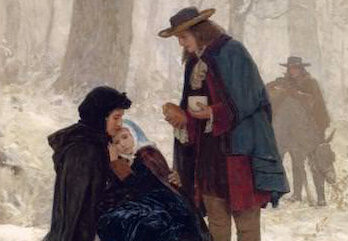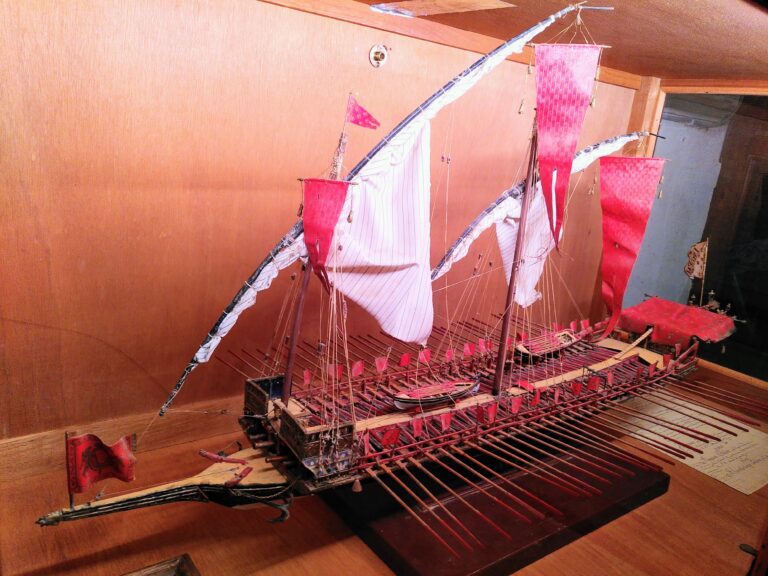Z is for Zeitgeist – The Age of Reason?
A contribution to the #AtoZchallenge 2024
This post explores the “Zeitgeist” or Spirit of the Age in 17th century France, a time that heralded the Age of Enlightenment. It touches on the social and intellectual ambiance, as well as certain political and religious developments.
Conflicts
17th-century France saw the consolidation of King Louis XIV‘s concept of absolute monarchy. As the “Sun King”, he sought to centralize power and establish sole authority. The court at Versailles became the center of political and cultural life, where His Majesty cultivated an image of grandeur, magnificence, and divine right. His expansionist drive meant he frequently waged war against neighbour countries:
- Franco-Spanish War (1635–1659): This conflict saw France and its allies fighting against Spain and its allies, including the Habsburg Empire. The war was fought primarily in the Spanish Netherlands, Italy, and Germany and ended with the Treaty of the Pyrenees in 1659.
- War of Devolution (1667–1668): Louis XIV’s marriage to Maria Theresa of Spain in 1660 included the Spanish Netherlands as part of her dowry. When the Spanish refused to pay, Louis invaded the Spanish Netherlands. The conflict ended with the Treaty of Aix-la-Chapelle.
- Franco-Dutch War (1672–1678): Louis XIV fought against the Dutch Republic, Spain, the Holy Roman Empire, and several German states, as he sought to expand French territory and influence in Europe. The war ended with the compromise Treaty of Nijmegen in 1678.
- Nine Years’ War (1688–1697): This conflict saw France again facing a coalition of European powers, including England, the Dutch Republic, Spain, the Holy Roman Empire, and several German states. It ended with the Treaty of Ryswick in 1697.
- War of the Spanish Succession (1701–1714): Louis XIV’s attempt to name his grandson, Philip of Anjou, as heir to the Spanish throne riled England, the Dutch Republic, Austria, and others. Another war started and ended with the Treaties of Utrecht and Rastatt, which secured territorial gains for France but prevented the union of the French and Spanish crowns.
The 17th century also witnessed a continuation of profound religious tensions and conflicts between Catholics and Protestants. This climaxed when Louis revoked the Edict of Nantes in 1685 and attempted to consolidate Catholicism as the state religion. A fresh wave of persecution began, causing many Huguenots to flee the country.
Ideas
In the realm of arts and culture, the 17th century in France was marked by the flourishing of literature, drama, and philosophy. Prominent French writers and thinkers of the time were René Descartes, Pierre Corneille, Jean Racine, and Blaise Pascal. They made significant contributions to intellectual discourse and artistic expression, shaping the cultural landscape of the time.
The Scientific Revolution, which began in the 16th century, brought significant advancements in astronomy, physics, and mathematics, as well as mechanics and technology. Brilliant French thinkers, such as René Descartes, Pierre de Fermat and Blaise Pascal, revolutionised mathematics. In other countries, Galileo Galilei and Sir Isaac Newton challenged traditional beliefs and promoted empirical observation, reason, and rational inquiry.
Humanist ideas from the Renaissance emphasized the importance of individualism, critical thinking, and the pursuit of knowledge. Enlightenment thinkers drew inspiration from a diverse range of philosophical and political traditions, including liberalism, republicanism, and constitutionalism. Voltaire, Montesquieu, Jean-Jacques Rousseau and Denis Diderot developed theories on natural rights, social contract, separation of powers, and religious tolerance. These challenged traditional authority and paved the way for modern democratic principles.
The Zeitgeist in 17th-century France reflected the tensions between tradition and innovation, authority and resistance, religious orthodoxy and intellectual inquiry. It was a period of dynamic change and transformation that laid the foundations for the emergence of modern France.
‘Greet Suzon for me’, a book about a Huguenot family’s persecution under Louis XIV and their perilous escape from France to Jersey, is now available.
Here are all the A-Z posts: A B C D E F G H I J K L M N O P Q R S T U V W X Y Z







The expansionist action and the fire of new ideas strangely don’t often go together. Usually when countries expand they immediately make the new country like them, but in the age of reason, the scientists were expanding the worldview in a different way. Interesting to see them together during this time.
I have dipped into your A-Z a few times Erin but I want to read it end to end and now that the madness of April is over I intend to learn more about the Hugenots
https://how-would-you-know.com/2024/04/zinc-and-a-zuhitsu-poem.html